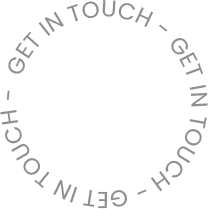 Join Membership
Join Membership
We Are Now Open On Saturdays
50% off all dental treatments and 25% all medical services amazing value for only £20 a month
We believe that regular HIV testing is a crucial step toward maintaining your health and protecting your loved ones. For this reason, we are committed to providing private testing services for all our patients to ensure comfort.


Routine testing: Everyone aged 13 to 64 should get tested for HIV at least once as part of routine healthcare.
High-risk groups: Test more frequently (every 3 to 6 months) if you:
Post-exposure testing: If you think you have been exposed to HIV, get tested immediately. Then, follow up with a second test after 45 to 90 days.
During pregnancy: Testing during each pregnancy reduces the risk of mother-to-child transmission.
We’re here to help - get in touch or book your appointment today.
Types of tests:
Window periods:
We’re here to help - get in touch or book your appointment today.

Types of tests:
Window periods:
At the clinic, this procedure will
Rapid tests provide results in 15-30 minutes. However, getting the results with lab tests may take 1-7 days.
General recommendation:
Test at least annually if sexually active.
High-risk groups include:
Post-exposure situations:
Test immediately and after the window period recommended.
Positive results:
Negative results:

